Spinning the Numbers: The Hidden Math Inside Slot Games
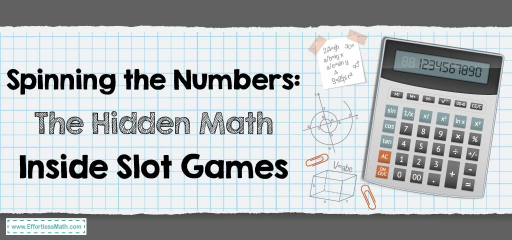
The promise and possibilities of winning cash prizes, along with the enticing sounds and dazzling visuals, make slot games exceedingly popular among people everywhere. Behind this captivating facade lie sophisticated algorithms that dictate the outcome of every spin, win, or loss, highlighting the importance of the underlying infrastructure on which these systems are built. The reverse is also true; designing these systems is an art in itself, one that evokes wonder and appreciation from understanding the concealed calculations.
From Physical Devices to Digital Systems
The slot machines that we know today are a result of years of innovation and advancements from our mechanical counterparts. The early devices with their limited symbol combinations offered straightforward odds and rewards that were achieved through the physical spinning of reels. Consequently, digital slot machines are built upon modern state-of-the-art arithmetic frameworks. Algorithms designed to emulate randomness operate within a given parameter and form the base upon which digital slots rest.
“There’s nothing more a mathematician loves more than numbers, and what’s possible is defined by equations. So, as we take away the restrictions of the physical world and add new ways to visualize constrained realities, we redefine the value of mathematics,” adds a 15-year industry veteran, a gaming mathematician. “I believe slots are carefully structured first and foremost with mathematics, followed by everything else which falls under ‘visual experience.’”
Mathematics also works as the backbone of all functionalities of these multifaceted systems, while shifting the need towards an advanced level of envisioning concepts for game design.
Random Number Generators: Mathematical Engines
The center of attention in any modern slot game is the conduct of a Random Number Generator (RNG), a form of complex software that generates a myriad of numbers in a matter of seconds. These numbers dictate which symbols are displayed after each spin, making the results completely random for different players.
As stated before, RNGs use patterns, and while more complex systems prove nigh impossible to figure out, more sophisticated software systems exist to help mathematically guarantee that results are within certain defined ranges. It also ensures the payouts are set to predetermined parameters regarding their frequency and total value.
So, can any outcomes be achieved at any time? Not quite. Randomness allows for defined bounds to freedom, in this case, the bounds being meticulously set and thoughtfully crafted parameters.
Return-to-Player: The Mathematical Promise
Return-to-Player (RTP) percentages represent perhaps the most important mathematical element in slot design. This figure indicates the percentage of wagered money a game will theoretically return to players over time.
Most online slots offer RTPs between 92% and 97%. For instance, a popular slot game like Fluffy Favourites provides an RTP of approximately 95.3%, meaning that for every $100 wagered, the game mathematically expects to return $95.30 to players over millions of spins.
RTP isn’t a guarantee for individual sessions – one might win more or significantly less during short-term play. The mathematics only demonstrates expected outcomes across enormous sample sizes, typically millions of spins.
Volatility: The Rollercoaster of Mathematics
While RTP reflects long-term value, volatility (or variance) explains the mathematical adventure. Low volatility games give and take repeatedly, which is soothing in nature. High volatility games, on the other hand, reward significantly but only on rare occasions.
Volatility in gaming is balanced with statistical elements considering player psychology. Some players wish to receive regular positive feedback, while others tend to have longer losing streaks but chase huge jackpots.
This balance influences player experiences. Two different games with identical 96% RTP can differ drastically from each other if their volatility mathematics differ.
Mathematical Myths vs. Reality
Common misconceptions about slot mathematics persist despite clear evidence. Slots don’t “get hot” or “go cold” from a mathematical perspective. Each spin exists as an independent event with predetermined probabilities unaffected by previous outcomes.
The gambler’s fallacy, believing that previous results influence future spins, contradicts the fundamental mathematics of these games. A machine that hasn’t paid out recently isn’t “due” for a win any more than one that just delivered a jackpot is “used up.”
Understanding these mathematical realities helps players maintain realistic expectations about potential outcomes.
Math and Responsible Gaming
Appreciating slot mathematics improves a player’s gaming habits. Players who recognize that a game’s outcomes are determined by mathematics instead of luck and skill tend to have better limits and expectations.
Treating slots as an amusement with associated expenses instead of a profit-generating venture more accurately reflects their design. The mathematics underlying the game’s structure guarantees that, in the long run, the majority of players will consistently incur losses. This is the price to be paid for the available entertainment.
Beyond the Spin
The mathematics of probability and psychology that underlie slot games are remarkable feats of entertainment engineering. These systems are fine-tuned to maximize engagement from millions across the globe while sustaining operational feasibility for providers.
Next time the reels are spinning, maybe there is newfound appreciation for the intricate mathematics seamlessly calculating probabilities and determining outcomes within a split second. The concealed mathematics doesn’t take away from the magic; in fact, it is what makes it.
Frequently Asked Questions
What is the difference between mean, median, and mode?
The mean, median, and mode are three types of averages used in statistics to summarize data, much like the algorithms behind slot games summarize outcomes of spins. The mean is the average you’re most familiar with: add up all the numbers and divide by the count of numbers. The median is the middle value in a list of numbers sorted in order; it’s useful as it’s not skewed by extremely high or low values. The mode is the number that appears most frequently, which can be pivotal in understanding common outcomes in data, such as the most common winning combinations in a slot game. Each of these measures gives a different insight into the numerical data, helping to make informed decisions or predictions.
What is the difference between permutations and combinations?
Permutations and combinations are two fundamental ways of arranging or selecting objects, which are crucial in understanding the probabilities in games like slot machines. Permutations consider the order of selection to be important, for example, the sequence of symbols that appear on a slot machine after a spin. Combinations, on the other hand, do not consider the order; they focus on the selection of items. For instance, in a slot game, you might be interested in the combination of symbols that results in a win, regardless of their order on the payline. Understanding these concepts can enhance your appreciation of the complexity and fairness of digital slot games.
How do you convert fractions to decimals and percentages?
Converting fractions to decimals and percentages is a straightforward process that is essential in understanding the probabilities in games like slot machines. To convert a fraction to a decimal, simply divide the numerator (top number) by the denominator (bottom number). For instance, for the fraction 1/4, divide 1 by 4 to get 0.25. To convert this decimal to a percentage, multiply it by 100, which gives you 25%. This mathematical concept helps in understanding the odds and payouts in slot games, making it not just a gamble but a more informed decision.
Related to This Article
More math articles
- 10 Most Common Praxis Core Math Questions
- Top 10 8th Grade MEAP Math Practice Questions
- Quadrilaterals and Rectangles
- 8th Grade MAAP Math Worksheets: FREE & Printable
- Ratio, Proportion and Percentages Puzzle -Critical Thinking 9
- 3rd Grade MAP Math FREE Sample Practice Questions
- The Virtual Classroom Advantage: How Online Math Tutors Enhance Elementary Math Education
- Full-Length ALEKS Math Practice Test-Answers and Explanations
- How to Find the Area of a Triangle Using Trigonometry
- Top 10 ParaPro Math Practice Questions
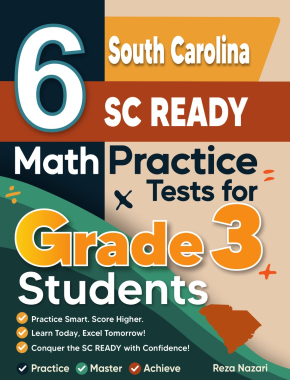

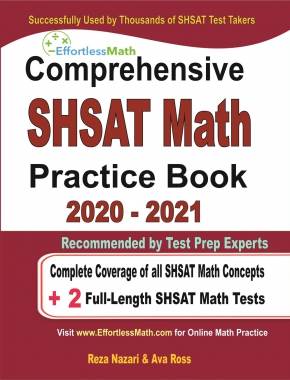
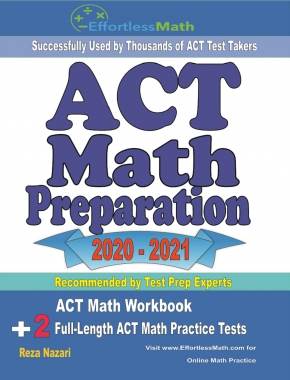
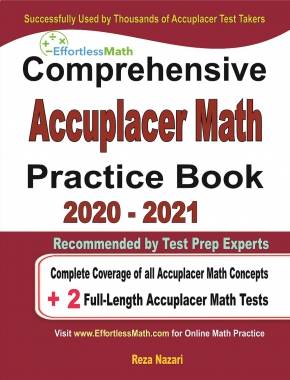
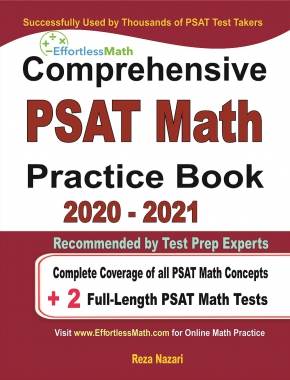
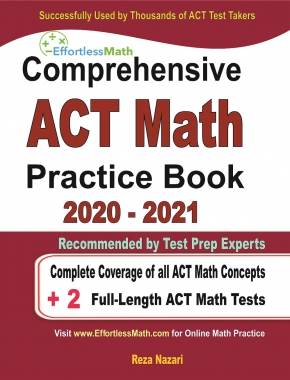
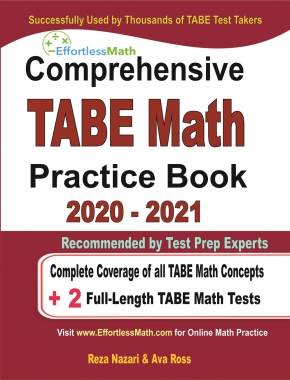
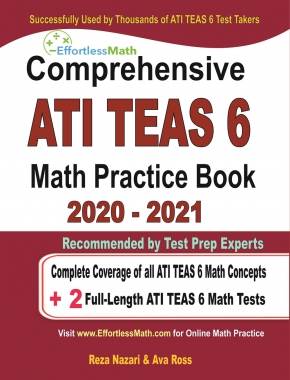
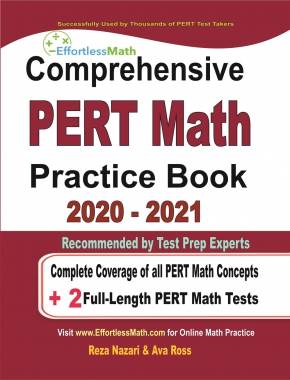
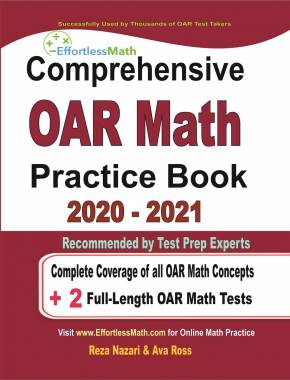
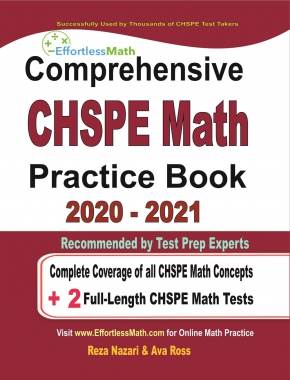
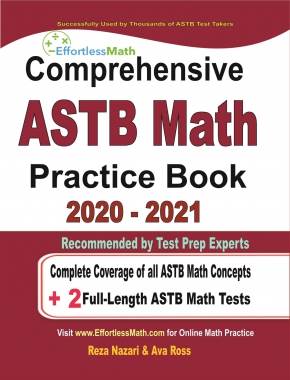
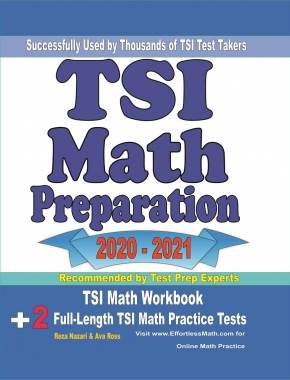
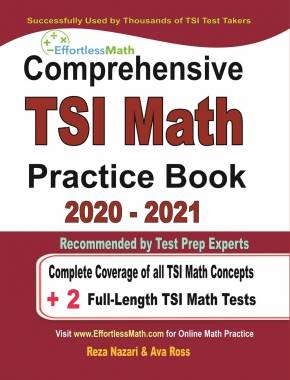
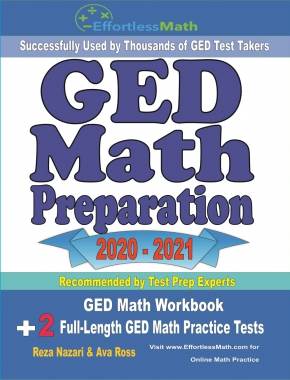
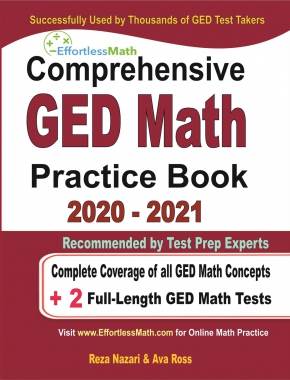



















What people say about "Spinning the Numbers: The Hidden Math Inside Slot Games - Effortless Math: We Help Students Learn to LOVE Mathematics"?
No one replied yet.